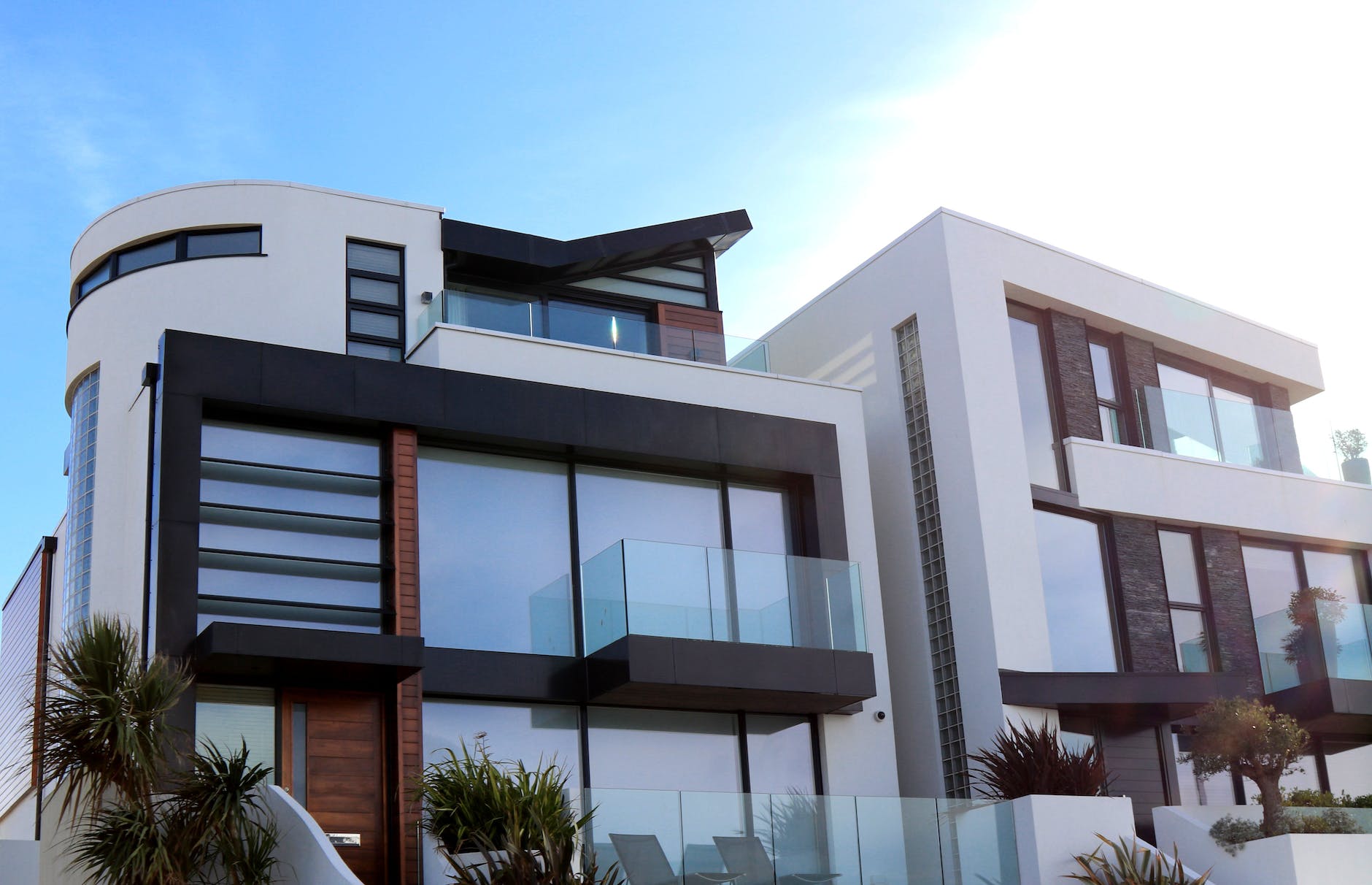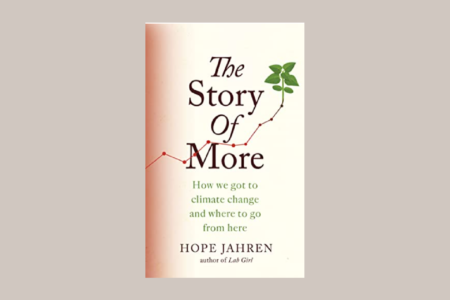
Green Success Stories sat down with Cynthia Adams, the co-founder of Pearl Certification, to learn how they have built a software platform that is animating the ecosystem tied to high-performing homes.
Cynthia, thank you for being here! Tell us a little bit about you and your background:
I’ve worked in sustainability space with a focus on the residential built environment for almost thirty years. I’ve run a green construction company, a design-build showroom, been a LEED AP, and managed energy efficiency and renewable energy programs. Each of these endeavors has has its own entrepreneurial component, but my latest business Pearl Certification is my passion.
Pearl is a software platform that is animating the ecosystem tied to high-performing homes – that is, homes which are energy and water efficient, and that may have solar, battery storage, and smart devices installed. Our consumer app, Green Door, provides homeowners with tools to manage, maintain, and improve their home. Our certification partners include contractors, builders, real estate agents, manufacturers, and distributors.

What would you do with $1 Billion dollars?
I live in a mountain town in Colorado because I love the nature I’m surrounded by and the many activities I get to do out in it. With $1B dollars, I’d use a portion of the money to set up a trust for the purchase of critical habitat for plants and animals throughout America’s iconic west both for their protection and our “leave no trace” enjoyment. The remainder of the money I would use to invest in companies making a difference in the sustainability space, particularly ones focused on solving the many problems associated with high-performing, affordable housing and our housing shortage. I’m very interested in scaling offsite factory built homes, as opposed to onsite stick built homes. The quality and efficiency of a factory built home can be way above that of your typical home, for less cost.
Why do you think sustainability is such an important topic today?
Climate change is undeniable, and as someone who reads earth history for pleasure I’ve learned more than I care to know about the destination we are headed for if we do not lower our carbon emissions. So one reason I think it’s important is because it’s existential, and the younger generations who have been exposed to it in the course of their science classes get this. But the other reason I think it’s important is because when we live sustainably, we are also living with greater health, comfort, and ease. This is very apparent when it comes to our homes and the benefits we get from energy efficiency and renewables. So it’s not just that we are avoiding a horrible outcome – we are embracing a better living standard when we embrace sustainability.
What do you envision your industry looking like 10 years from now?
I expect that the Inflation Reduction Act and its billions of incentive dollars will have made an impact with existing homes. By this I mean we will see hundreds of thousands of homes electrified, hundreds of thousands upgraded for energy efficiency, and a significant boost in homes that not only have solar but also energy management devices and battery storage. My hope is that in ten years time, energy efficient and solar powered homes are less on the fringe and more in the mainstream of our housing stock. My company’s certification can play a big roll in that transition: “Will this installation increase the equity value of my home?” is an often asked question shown to be a major influencer of consumer purchasing behavior for energy-related home improvements.
What can the average person do to make a difference?*
Sign up for Pearl’s free app, Green Door. Go to greendoor.app or download it from the Apple or Google app stores to find rebates and tax credits for energy efficient and renewable energy installations, get customized recommendations for having more sustainable home, understand your home’s climate risk, and much more. Green Door was developed to help homeowners understand what to do lower energy cost and their carbon footprint, while improving indoor air quality, comfort, and convenience. You can also certify your home through Green Door, which can contribute 5% on average to a resale premium.
Cynthia – thank you for joining Green Success Stories and sharing how Pearl Certification is animating the ecosystem tied to high-performing homes.
Cynthia will be a featured guest on the next episode of The Green Podcast. Be sure to follow the podcast below.




